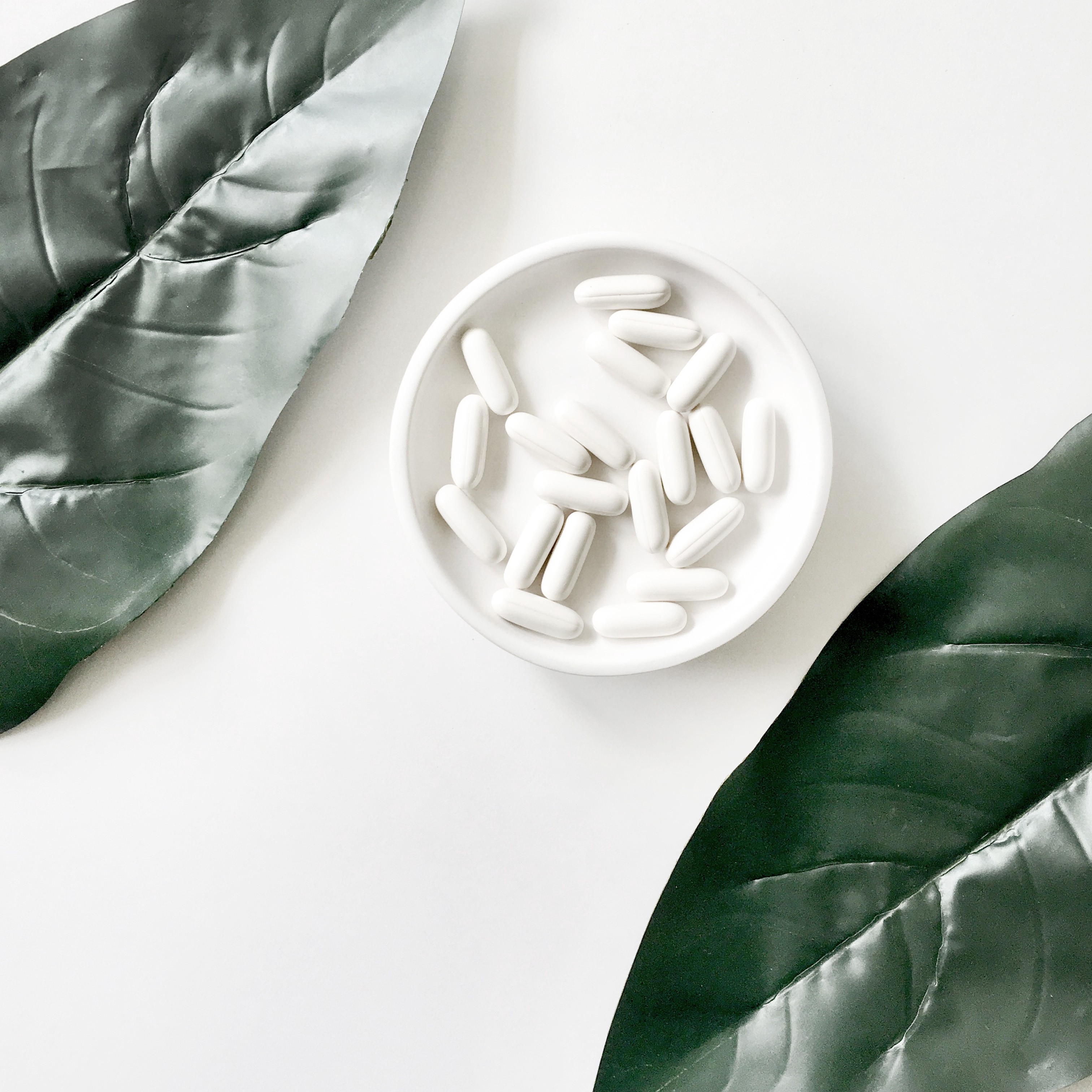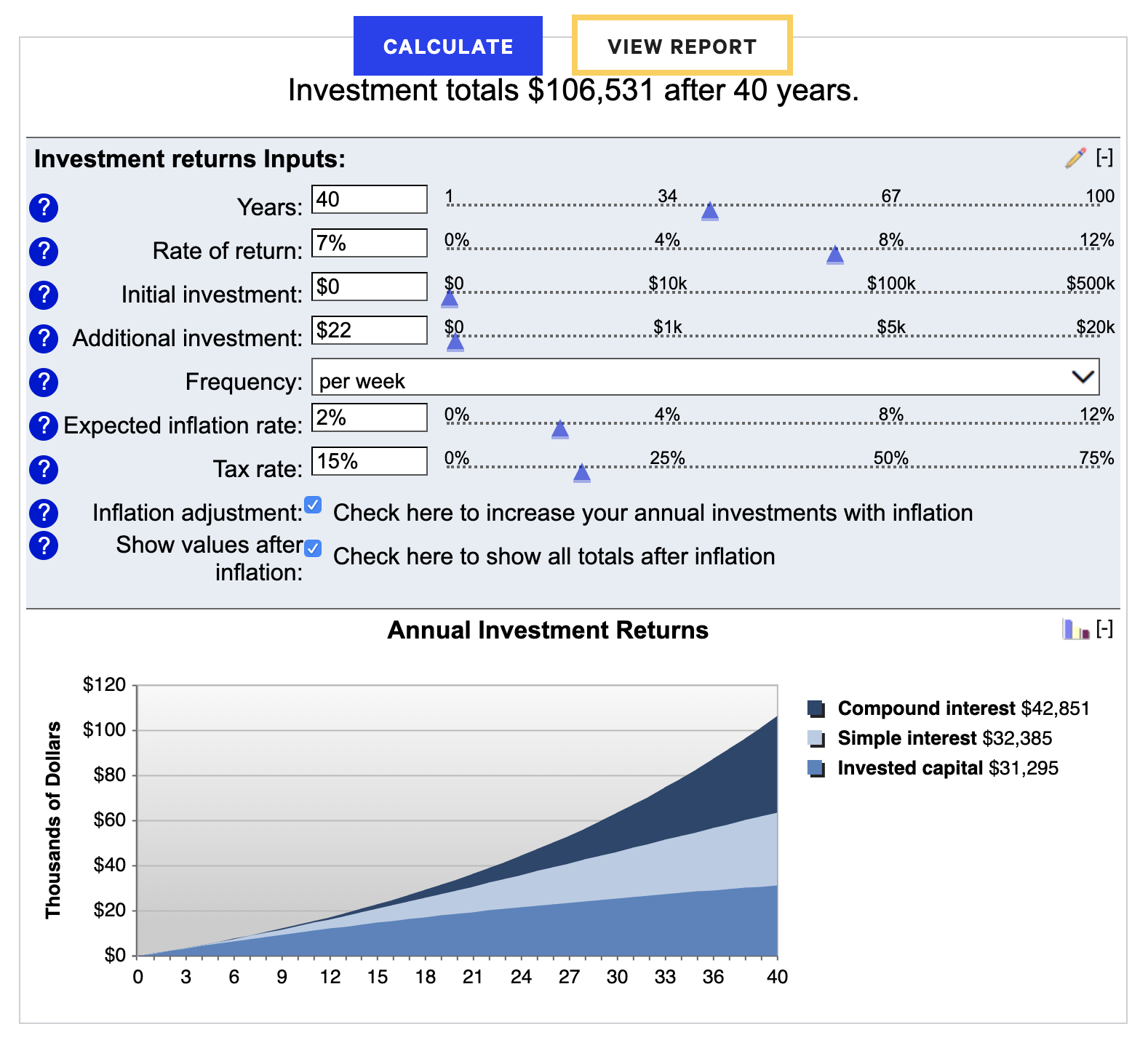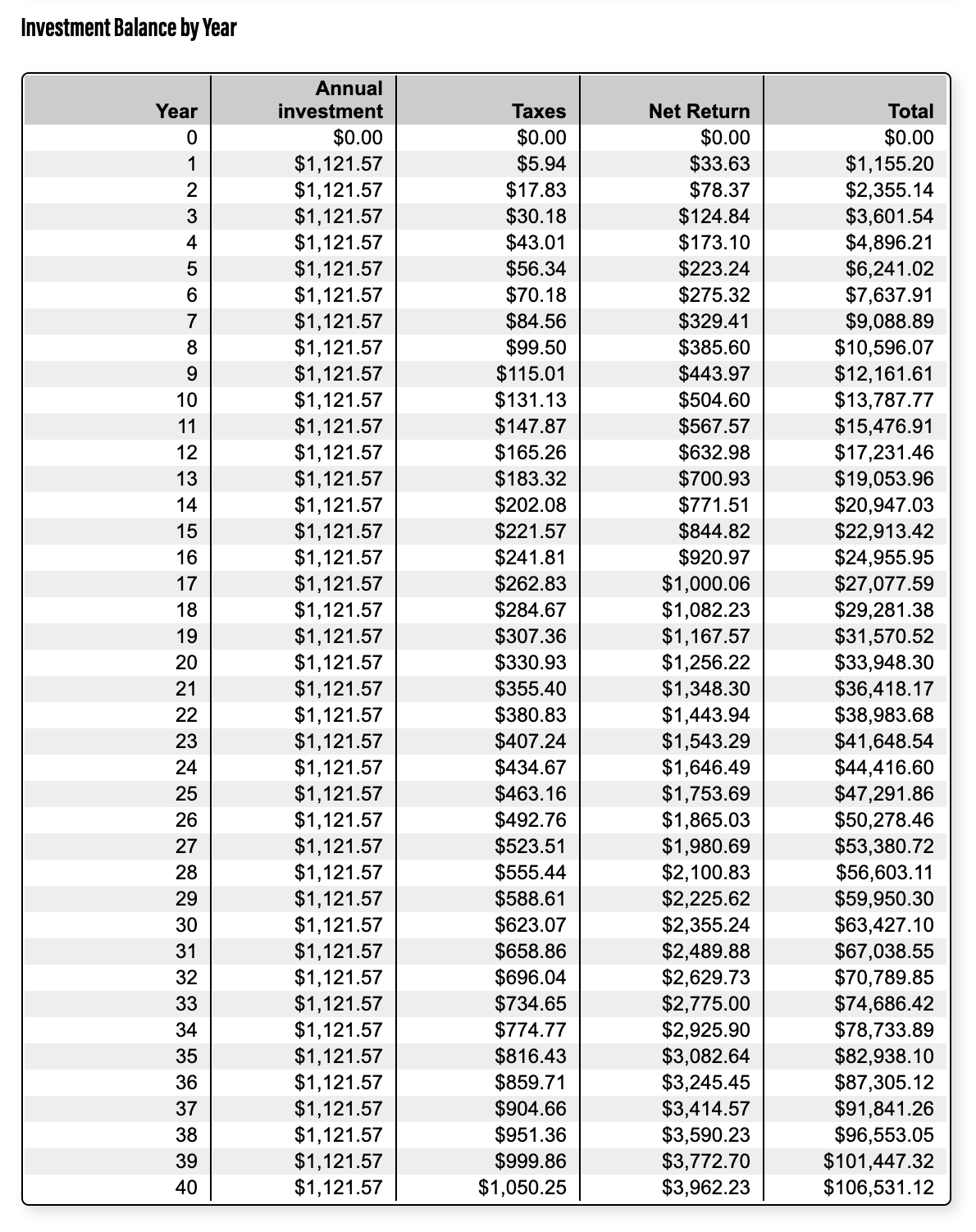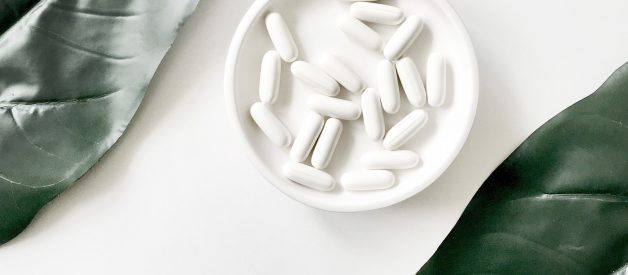Analysis and comparison of the costs of caffeine pills and coffee
Like most American adults and people around the world, I drink coffee. Lots of coffee. I used to drink 40 ounces of coffee per day, at least. Every day. For years, I was a Gold member at Starbucks, which required frequent coffee buying.
Using that magical Starbucks card with the Gold status, I strategically stayed in the Starbucks shops to finish the first cup before getting a free refill. That refill makes the coffee instantly half price, or permits you to leverage your buying power to double the coffee for the same price, depending on how you look at it. Sometimes if I stayed in the shop for long enough and drank enough, I?d finish the coffee from the first refill and get a second refill to carry out of the store, which would make coffee for that day a third of the price or triple the amount of coffee for the same price. Additionally, I got all the Half and Half or milk I wanted, as well as sugar or Splenda (I chose Splenda).
To say coffee was an addiction was accurate, and perhaps an understatement. I needed 20 ounces simply to feel normal, and the full 40 ounces to feel a bit alert. I kept this habit up for over ten years starting in the tail end of my undergraduate years, through graduate school, and a few years after graduate school.
 Photo by The Tonik on Unsplash
Photo by The Tonik on Unsplash
All this changed when I discovered caffeine pills. The benefits of the caffeine pills and the costs and inconveniences of coffee caused me to stop drinking coffee regularly and move exclusively to what I believe are far superior caffeine pills. I only wish I had discovered the caffeine pills sooner. I?ll now consider exactly why caffeine pills are superior.
Dollar Costs
In consider the dollar costs here and the proxy of time costs below, I will focus on the more utilitarian nature of coffee and caffeine via quantifiable metrics relative to qualitative issues involving highly subjective and personal preferences.
How Much Does Your Coffee Really Cost?
A large 20 ounce cup of coffee at Starbucks with sales tax costs $3.21 in midtown Manhattan NYC, where I spend most of my time. This is approximately $22/week, rounding down. What if you were to forgo that cup of coffee and invest it instead considering some reasonable assumptions of a 7% rate of return (usually in large cap equity indexes), 2% inflation (target inflation rate of the US Federal Reserve), and 15% taxes (capital gains taxes)
Here?s an approximate calculation, graph, and return estimates using a standard return on investment calculator at Bankrate.com.

 Estimate on investment returns instead of drinking a cup of coffee per day
Estimate on investment returns instead of drinking a cup of coffee per day
These are some incredible numbers. Considering inflation, you would?ve contributed $31k over the course of a 40-year working lifetime and would?ve forgone about $107k on an actual contributed capital of $31k. These aren?t life changing numbers, but they are not trivial either. As a comparison:
- US Median annual personal income is approximately $31k
- US Median household income is approximately $59k
By simply not spending that money daily on the cup of daily coffee, you would?ve saved about three years worth of the US median personal annual income, and about almost two years worth of work of the US median household income!
Of course, the above is only an approximate model that doesn?t factor in many quantitative and qualitative factors.
Quantitative factors may include less frequency of coffee consumption or more specifically buying coffee at relatively expensive coffee vendors, changes in coffee prices, and inputs into the return on investment model such as inflation or rate of return. On the other hand, coffee consumption can be more frequent at higher prices with even more favorable assumptions into the calculation of return on investment.
Qualitative factors are harder or impossible to measure precisely and include such issues like subjective alertness, feelings of well-being, or beneficial health benefits from the consumption of coffee and caffeine. These health effects may include statistically significant neuroprotective benefits such as reduced risk for Parkinson?s Disease. On the other hand, negative qualitative factors may include feeling jittery after ingesting too much coffee or loss of sleep that may have secondary detrimental health effects.
- Takeaway: You can save a lot of money simply by not drinking that up of coffee.
Caffeine Pills
In contrast, I?m able to buy 500 capsules of caffeine pills for $17.95 through Amazon, which is only 3.59 cents per caffeine. To be fair, we?d have to compare coffee and caffeine on the same caffeine-basis or cost0basis.
Each ounce of Starbucks coffee contains about 20 milligrams of caffeine. The lighter roasts have slightly more caffeine content than the darker roasts, but we 20 milligrams is a reasonable average. This means that two Venti Starbucks coffees at a total of 40 ounces, contains 800 milligrams of caffeine, which is equivalent to four 200 mg caffeine pills, or about $0.144 cents.
Given that a venti costs $3.21, this is only 4.5% of the price, over 95% cheaper than the coffee. Of course, this is a very crude comparison since there exist many quantitative and qualitative comparisons that may go beyond the simple caffeine content.
Quantitively, coffee could be brewed at home or from a cheaper store than Starbucks and the price of caffeine pills may be much cheaper when bought in bulk.
Qualitatively, there may be differences in the bioavailability of the caffeine that impacts how much effective caffeine reaches the brain to produce the subjective feelings of caffeine ingestion. Furthermore, there exists the pleasure of drinking caffeine as a ritual or habit as part of their lifestyles, that may go beyond simply drinking coffee for its caffeine content.
- Takeaway: Caffeine pills are far cheaper than coffee.
Time Costs
How Much Time Does Your Coffee Cost?
The ?time? costs coffee are just as relevant in consideration of costs, and even more so the larger the income of the coffee drinker since each unit of time is equivalent to more units of money.
Procuring coffee in this Starbucks example may include time required in driving or walking to the coffee shop, then waiting in line, and then the manual process of adding and mixing cream, milk, and/or sugar. Finally, the actual act of drinking the coffee takes time as well.
If procuring coffee takes 15 minutes, let?s consider what?s the equivalent monetary costs. Let?s consider the US Median annual income. Instead of $31k/year, consider $30k/year for round numbers. Furthermore, consider working 2,000 hours, then that?s $15/hour. The 15 minutes would be worth $3.38, or about the price of the cup of coffee itself. Of course, those who make double or some multiplier of the US median income would double or multiply by some factor to obtain the monetary equivalent of the time spent procuring the coffee.
It?s not necessary to buy coffee from Starbucks, since you could also make it. In this case, the relevant time may be slightly less than 15 minutes if you include the time to grind the coffee beans, clean the coffee maker, and other related tasks. It?s less than 15 minutes, but the equivalent monetary costs are also affected by the effective income, so let?s just consider it a wash over all situations.
- Takeaway: The time costs of procuring coffee are approximately equal to the coffee itself.
Caffeine Pills
On the other hand, the time costs for caffeine pills are effectively zero. All it takes is to the time to swallow a pill. Of course, we could consider the time it takes to order the caffeine pills online or to buy them from the store, but these are negligible for a coarse model for comparison.
- Takeaway: Caffeine Pills require zero time.
Other Factors
Time and money directly tied to coffee procurement and ingestion are not the only issues to consider, even though they may be the most important ones. These following miscellaneous issues may be even more highly skewed towards caffeine pills.
Consumption of Other Substances
Most people do not drink coffee black without cream, milk, sugar, or other artificial sweeteners. I personally like the taste of coffee with about a lot (~10%)of half and half, or cream, since coffee tastes very bitter. Consuming that extra sugar may not be useful for overall diet, and furthermore some may even experience the negative effects of lactose intolerance by drinking the cream with the coffee.
Caffeine pills permit you to bypass the ingestion of these other substances, and thus bypass the extra load they put on your system. Of course, you do miss out on some of the benefits of coffee itself and the hydration from the water.
Excessive Urination
Drinking coffee obviously adds much water to your system. This is a good thing if it?s in small amounts, but 40 ounces ingested over a period of one or two hours will tend to be too much water except in edge cases where you require that water, such as while running a marathon. Because it?s too much water, you?ll find yourself needing to urinate. If it?s at a coffee shop or some other public place, this part may also involve waiting in line.
If you were to avoid an extra 5 minutes per day using the restroom to urinate, that would be about 1,800 minutes per year, or 30 hours per year, a full day and a quarter of extra time. Multiply this by 40 years and it becomes 50 days of more time in your life!
Effects on Mood
Some believe that in addition to drinking coffee, the ?act? of drinking that coffee itself may serve to to calm their mind or improve their mood. It is true that the taste of coffee and experiencing the drinking of the coffee may improve mood. On the other hand, one must consider how much comes from the act of drinking coffee, instead of from the live effects of the ingested caffeine itself.
Convenience and Portability
It?s possible to carry caffeine pills with barely a difference in lifestyle, permitting the convenience of ingesting anywhere and instantly. This is not the case with coffee itself.
Controlled Dosage
Related to the convenience factor of caffeine pills is the ability to more precisely control the dosage. Each caffeine pill is 200mg, and there exist others of even smaller doses. Furthermore, the effects of a given amount of ingested caffeine is highly dependent on timing of doses since 800 mg capsules taken at once sure has different jittery effects than 200 mg taken gradually over hours. In contrast, the caffeine content of coffee may depend on the type of roast or how long it was brewed for, and thus doesn?t permit the same level of precision control
Try Caffeine Pills and Decide For Yourself
So now that I?ve articulated the reasons I take caffeine pills instead of drinking coffee, I hope that it convinces you to at least try them. Even if caffeines are superior, it doesn?t necessarily mean you must give up coffee. In fact, I do still drink coffee except that now it?s much less frequently and for pleasure instead of a utilitarian caffeine.


